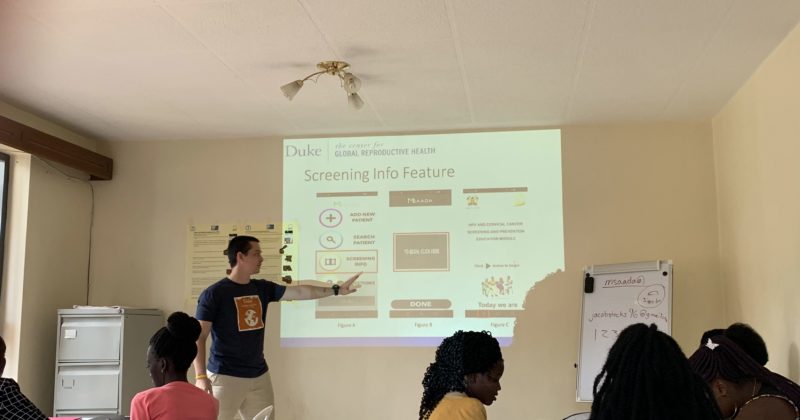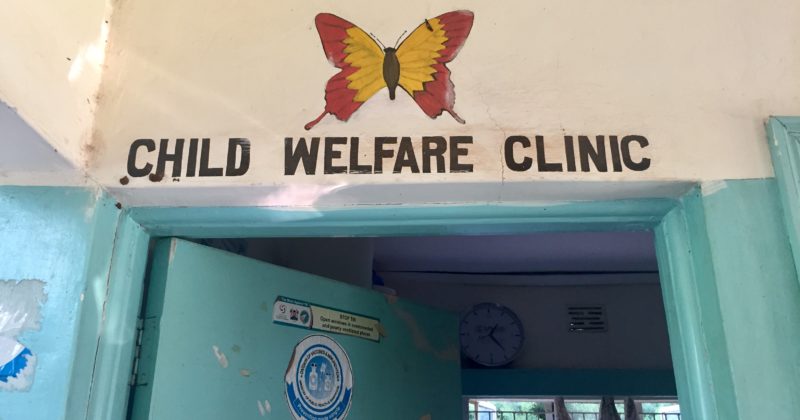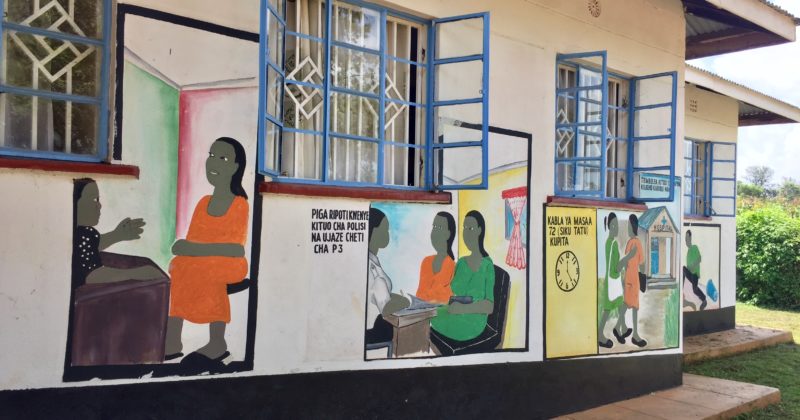
Welcome Back!
With classes back in session, the halls are flowing with students talking about the trials and triumphs of their summers—whether they were in the field, interning in DC, trying out consulting work or just had an amazing vacation. The new school year brings with it a sense of new beginning and purpose—and sometimes an overwhelming feeling of everything needing to get “scheduled” during these first weeks of September. A colleague recently started an email with the greeting: “did you have a relaxing or productive summer? I feel like it’s either one or the other.” It made me reflect on how we take advantage of being out of the classroom, trying to fit in various opportunities for travel, fieldwork and writing time that become harder during the semester, while also taking time to regroup and relax with family and friends. I hope everyone was able to have a little balance this summer, and come into the new school year with renewed...








